Market Share
Synchronous Motor Market Share Analysis
The synchronous motor market has been experiencing notable trends and shifts in recent years, driven by various factors shaping the landscape of this industry. One prominent trend is the increasing demand for energy-efficient and reliable motors across diverse industrial sectors. Synchronous motors are known for their high efficiency and precise speed control, making them ideal for applications requiring constant speed under varying loads. Industries such as manufacturing, oil and gas, and automotive are increasingly opting for synchronous motors to improve operational efficiency and reduce energy consumption, thereby driving the market's growth.
Moreover, advancements in technology have been instrumental in expanding the capabilities of synchronous motors. The integration of digital control systems and advancements in materials and design have led to the development of more compact, lightweight, and high-performance synchronous motors. These technological enhancements have resulted in improved power density, higher torque capabilities, and better overall motor efficiency. As a result, there's a growing preference for these advanced synchronous motors across industries seeking more sophisticated and reliable solutions for their applications.
Additionally, the rising focus on renewable energy sources has significantly impacted the synchronous motor market. Synchronous motors play a crucial role in various renewable energy applications, particularly in wind turbines and hydroelectric power generation. These motors are well-suited for such applications due to their ability to maintain synchronous speed with the grid, ensuring efficient power generation. With the increasing global emphasis on clean energy solutions, the demand for synchronous motors in renewable energy projects is expected to continue growing.
Furthermore, the industrial automation sector has emerged as a major driver of the synchronous motor market. With the proliferation of automation in manufacturing and other industries, there's a growing need for high-precision motors capable of synchronous operation. Synchronous motors offer excellent performance in applications requiring precise speed control, positioning, and synchronization, making them indispensable components in automated systems and machinery. As industries increasingly embrace automation for improved productivity and efficiency, the demand for synchronous motors is on the rise.
Moreover, the market is witnessing a shift towards permanent magnet synchronous motors (PMSMs) owing to their advantages in efficiency and performance. PMSMs, equipped with permanent magnets in their rotor assemblies, offer higher efficiency and power density compared to traditional induction synchronous motors. The superior performance of PMSMs, coupled with advancements in magnet technology and manufacturing processes, has led to their increased adoption in various industrial applications, including robotics, electric vehicles, and HVAC systems.
The synchronous motor market is witnessing significant growth driven by the demand for energy-efficient, high-performance motors across industries. Technological advancements, particularly in digital control systems and materials, are enhancing the capabilities of synchronous motors, making them more appealing to a wide range of applications. Additionally, the shift towards renewable energy, the rise of industrial automation, and the increasing preference for PMSMs are shaping the market's trajectory. As industries continue to prioritize efficiency, reliability, and sustainability, the synchronous motor market is poised for further advancements and expansion in the foreseeable future.


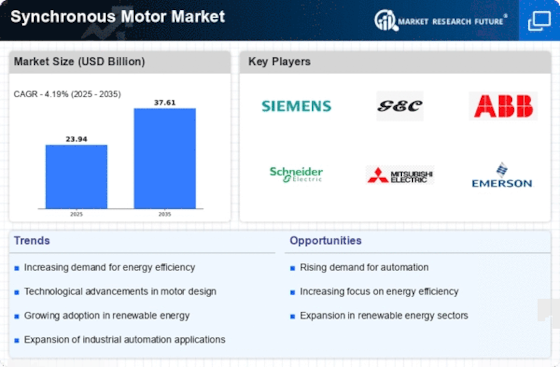

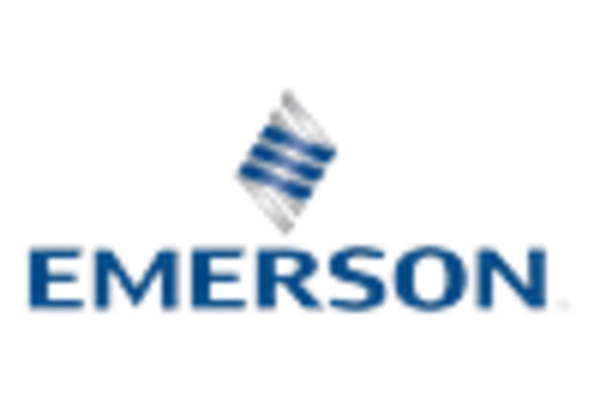
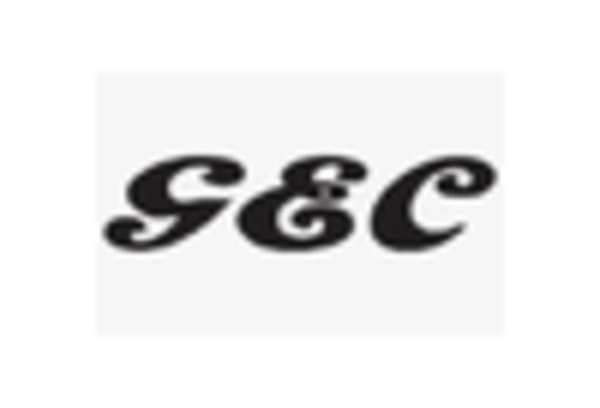
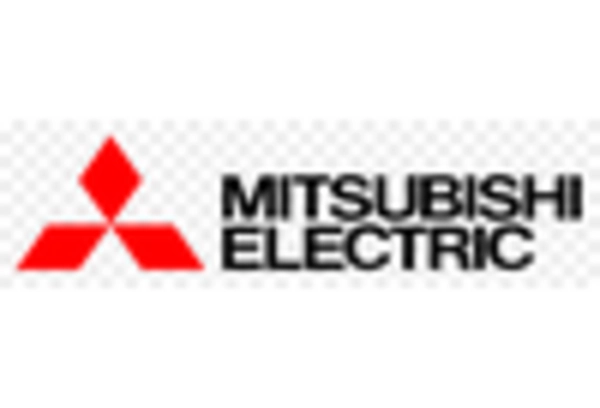
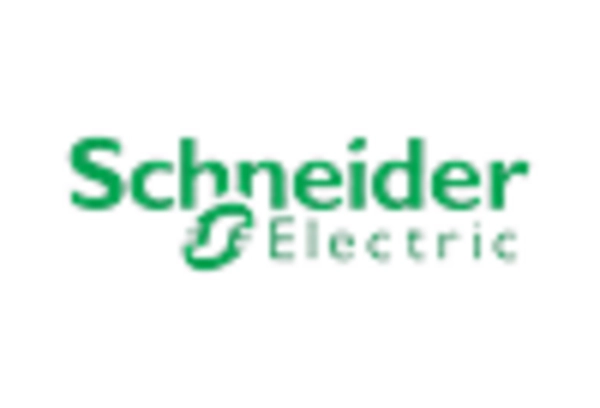











Leave a Comment